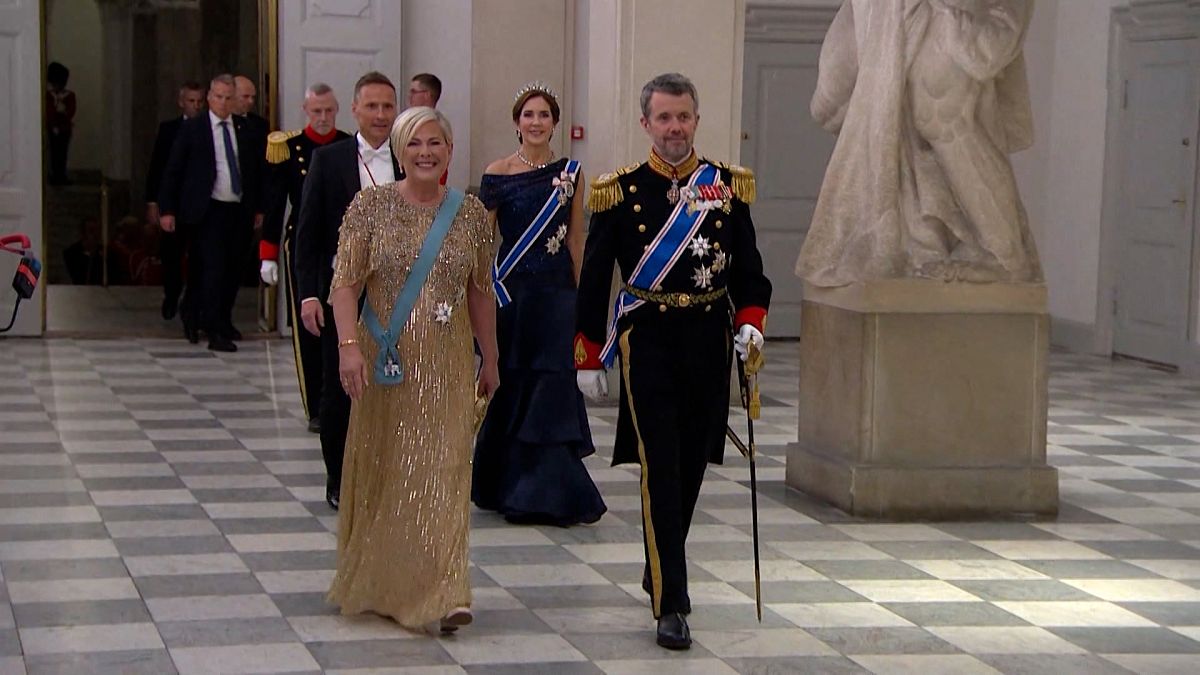Margrethe Vestager’s legacy faces day of reckoning in Apple and Google rulings
The EU’s top court rules on final appeals of Apple’s state aid payback and Google’s first big antitrust fine.

BRUSSELS — The moment of truth is here for the EU’s “tax lady.”
Margrethe Vestager gets a verdict this week on 10 years as one of the European Union’s most powerful enforcers when the region’s top court rules on her battles over Apple’s sweetheart tax deal and a €2.4 billion antitrust penalty for Google.
The Court of Justice will either confirm or overturn a harsh defeat for Vestager’s crusade against multinational companies’ efforts to crimp their tax bill. A lower court previously threw out her €13 billion back-tax order for Apple, saying the European Commission hadn’t proved that the company’s tax arrangements with Ireland were unfair.
The same morning, the same court will also give the final word on Google’s appeal against its first big antitrust penalty. While Google lost the earlier round, the Commission has come under criticism for failing to extract meaningful changes from the company.
The two rulings showcase Vestager’s tough line against some of the world’s biggest companies, just weeks before she ends her tenure.
“While Vestager has shown to be very successful on Big Tech, she has been a complete failure on state aid,” said Christian Bergqvist, a law professor at the University of Copenhagen. “With the tax cases, she tried to use state aid to force member states to harmonize tax law, and of course, they said no to that.”
‘Not afraid to be experimental’
Nicolas Petit, a professor at the European University Institute, said Vestager “was not afraid to be experimental” in using competition to tackle high-profile issues.
“She was also a very political commissioner, often going after ‘shiny’ cases that get good traction with constituencies like the European Parliament or media but fail the test of the courts,” he said.
The Apple order was the EU executive’s largest-ever order for a government to reclaim an unfair subsidy. Ireland immediately appealed, even as it came under pressure for how it offered low tax rates to companies that based their EU headquarters there.

Apple Chief Executive Officer Tim Cook blasted the EU payback order as “political crap.” Even former President Donald Trump joined the fray, referring to Vestager as the “tax lady.”
But the Commission’s series of tax cases against Amazon, Starbucks, Fiat and others have suffered at the hands of EU judges. Amazon won its final appeal last year, as did French energy giant Engie.
However, the court’s legal adviser recommended that judges should tell a lower tribunal that it made errors by throwing out the Apple case. That could see the General Court forced to reexamine the appeal.
Leading the way
The Google ruling on whether it wrongly favored its own online shopping services will end a 14-year-old saga and the first of several probes into the search giant.
Vestager took on the probe from Spanish Commissioner Joaquín Almunia, who had tried and failed to settle with the company for years. Within weeks of becoming antitrust chief in 2014, Vestager reinvigorated the investigation, sending the charges just months later and fining the company in 2017.
“She inherited a dead case, and she took a political chance based on whether it was worth it,” said Bergqvist. “There was a perception that you couldn’t do it, and she did it.”
“Europe was leading the way, at a time when U.S. antitrust agencies felt that they did not have sufficient political backing to go after Big Tech,” he said.
Agustín Reyna of consumer advocates BEUC said Vestager “made very significant progress on the case and pushed the boundaries of the competition directorate in a positive way.”
The lower court gave a thumbs up in 2021 and the top court’s adviser has recommended Google should lose its appeal. But the Commission hasn’t so far bowed to smaller companies that say they were harmed by Google’s behavior, and that regulators should do more to tackle how competing search services are shown on the Google website.
Frustrations over using antitrust law to deal with fast-moving tech markets led to the Commission asking for — and getting — a new legal tool, the ambitious Digital Markets Act, (DMA), a set of rules aimed at reining in the gatekeepers of the digital world.
Google has already been forced to change some of its business in Europe and also faces two Commission investigations over whether it has complied with requirements over its search and app store.
“Whichever the outcome in court, it will be a win, because the DMA has come into force,” said Bergqvist.
The cases are C-465/20 P Commission vs. Ireland and Others and C-48/22 P Google and Alphabet vs. Commission (Google Shopping).
What's Your Reaction?


















































